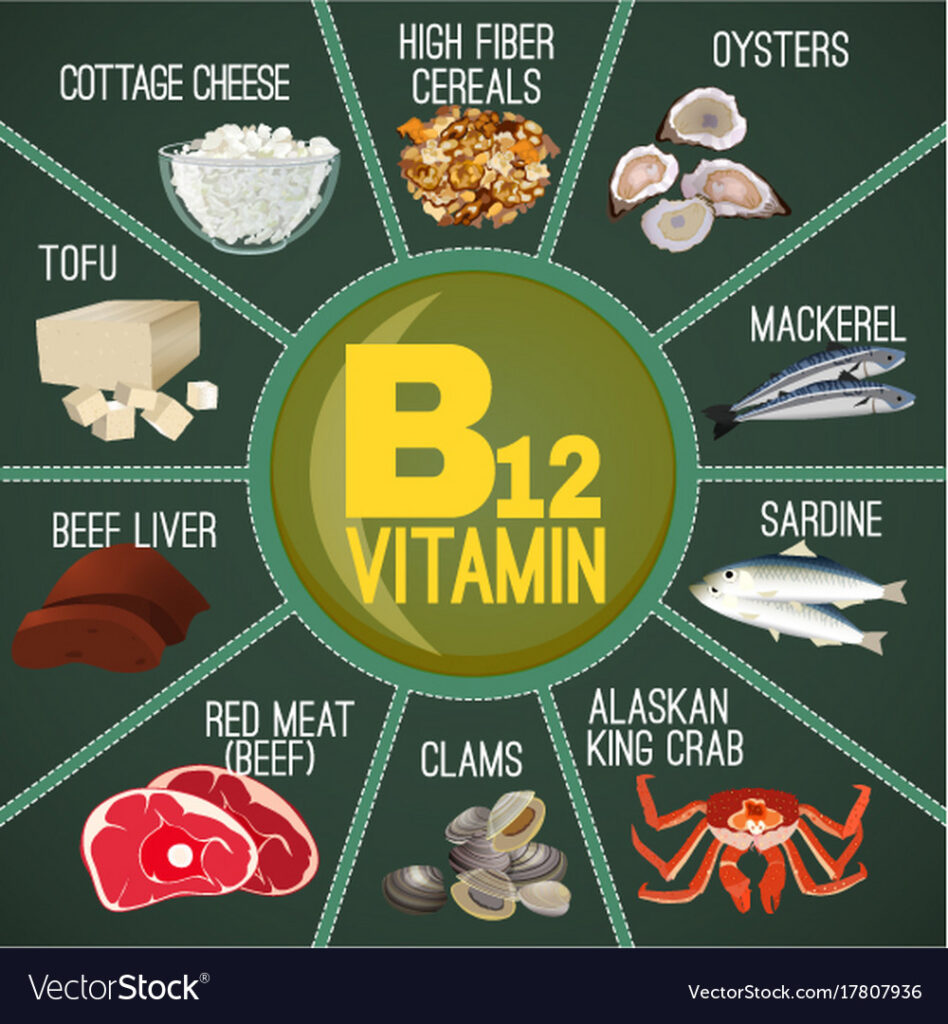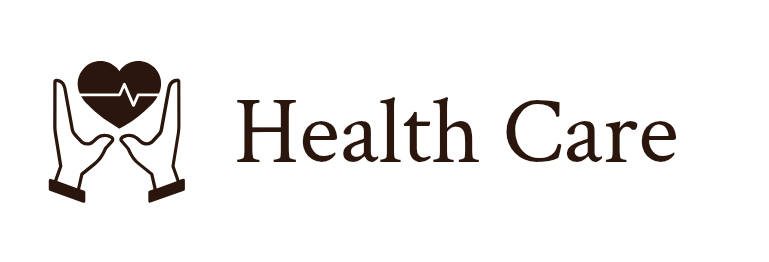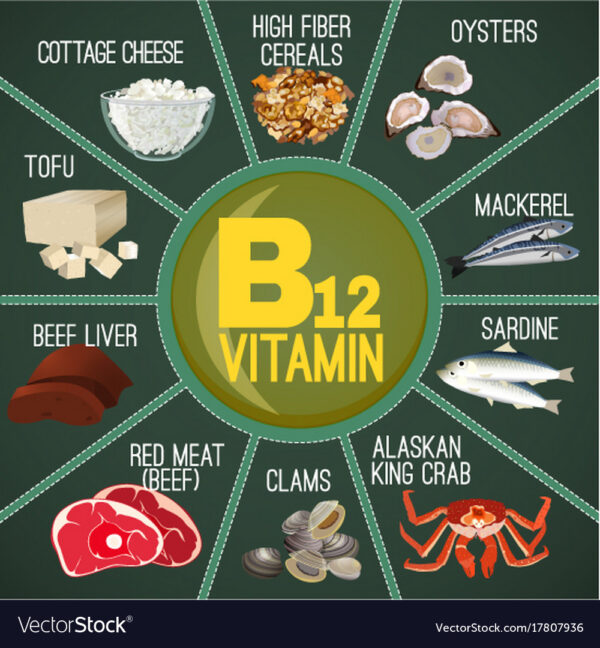
The Connection Between Vitamin B12 and Brain Health: What You Need to Know
The Connection Between Vitamin B12 and Brain Health: What You Need to Know Are you feeling forgetful, fatigued, or just not as sharp as you used to be? It could be time to take a closer look at your vitamin B12 levels. This essential nutrient is critical for healthy brain function and can have a significant impact on cognitive health. In this blog post, we’ll explore the connection between vitamin B12 and brain health and what you need to know to support your mental well-being. So sit tight, grab a cup of tea (or coffee if that’s more your style), and let’s dive in!
Are you feeling forgetful or experiencing brain fog lately? Maybe it’s time to take a closer look at your vitamin B12 intake. Vitamin B12 plays an important role in maintaining good brain health, and its deficiency can lead to various neurological symptoms. In this blog post, we will explore the connection between vitamin B12 and brain health and what you need to know to keep your mind sharp and healthy. So grab a cup of coffee, sit back, relax, and let’s dive into the world of vitamin B12!
Introduction to Vitamin B12 and its Connection to Brain Health
Vitamin B12 is an essential nutrient that plays a vital role in many bodily functions, including the development and maintenance of red blood cells and the nervous system. This vitamin is found naturally in animal products such as meat, poultry, eggs, and dairy, but can also be taken as a supplement. Vitamin B12 deficiency is relatively common, especially among older adults, and can lead to a number of health problems including anemia, fatigue, memory loss, and depression.
Recent research has also linked vitamin B12 deficiency to cognitive decline and dementia. One study found that people with lower levels of vitamin B12 were more likely to score lower on tests of cognitive function and memory than those with adequate levels of the vitamin. The researchers suggested that vitamin B12 may play a role in preserving brain health as we age.
While more research is needed to confirm the connection between vitamin B12 and brain health, getting enough of this essential nutrient is important for overall health. If you don’t eat meat or poultry, or if you don’t get enough sunlight (which helps the body absorb vitamin B12), you may be at risk for deficiency. Talk to your doctor about whether you should take a supplement.
Signs of a Vitamin B12 Deficiency
Vitamin B12 is an essential nutrient that plays a vital role in brain health. A vitamin B12 deficiency can cause a wide range of neurological problems, including memory loss, dementia, and even death. Early signs of a vitamin B12 deficiency include fatigue, weakness, and depression. If left untreated, a vitamin B12 deficiency can lead to serious neurological problems such as memory loss, dementia, and even death.
A vitamin B12 deficiency can cause a number of different health problems, including fatigue, weakness, and cognitive problems. A severe deficiency can even lead to dementia. Here are some signs that you may have a vitamin B12 deficiency:
-Fatigue
-Weakness
-Loss of appetite
-Weight loss
-Diarrhea
-Constipation
-Numbness or tingling in the hands and feet
-Muscle cramps
-Depression
The Benefits of Vitamin B12 for Your Brain
Vitamin B12 is an essential nutrient for the proper function of the brain. It plays a role in the formation of red blood cells, which carry oxygen to the brain, and in the synthesis of neurotransmitters, which are vital for communication between nerve cells. A deficiency of vitamin B12 can lead to cognitive problems, including memory loss and dementia.
In addition to its benefits for the brain, vitamin B12 also supports overall health. It helps to maintain energy levels, support a healthy immune system, and promote heart health. Vitamin B12 is found naturally in animal foods such as meat, poultry, fish, eggs, and dairy products. It can also be taken as a supplement or injected.
Recommended Dietary Allowances for Vitamin B12 Intake
VIT B12 is an essential nutrient for brain health. The recommended dietary allowance for VIT B12 is 2.4 micrograms per day for adults. This vitamin is found in food sources such as meat, poultry, fish, eggs, and dairy products. Vitamin B12 deficiency can lead to neurological problems such as memory loss and dementia.
VIT B12 is an essential nutrient that plays a vital role in brain health. The recommended dietary allowance (RDA) for VIT B12 is 2.4 micrograms (mcg) per day for adults. However, some experts recommend a higher intake of vitamin B12 for people who are at risk for deficiency, including older adults, vegetarians, and vegans.
VIT B12 is found naturally in animal products, such as meat, poultry, fish, eggs, and dairy products. It can also be found in fortified foods and supplements. VIT B12 helps the body to produce red blood cells and maintain a healthy nervous system. It is also involved in the metabolism of fats and proteins.
A lack of VIT B12 can lead to anemia and neurological problems. Symptoms of VIT B12 deficiency include fatigue, weakness, lightheadedness, pale skin, shortness of breath, heart palpitations, and numbness or tingling in the hands and feet. If left untreated, VIT B12 deficiency can lead to permanent nerve damage.
People who are at risk for VIT B12 deficiency should talk to their doctor about whether they need to take a supplement or eat foods that are fortified with this nutrient.
Foods Rich in VIT B12
VIT B12 is an essential nutrient that plays a vital role in maintaining brain health. This vitamin is found in animal-based foods such as meat, poultry, fish, eggs, and dairy products. Fortified cereals and nutritional yeast are also good sources of VIT B12.
VIT B12 helps to keep the nervous system functioning properly and helps to produce red blood cells. This vitamin is also involved in the metabolism of homocysteine, an amino acid that can be damaging to the brain if levels are too high.
A lack of VIT B12 can lead to neurological problems such as memory loss, confusion, and depression. It can also cause Anemia, a condition characterized by low levels of red blood cells. If you are concerned about your VIT B12 intake, speak with your doctor or a registered dietitian about foods that are rich in this nutrient.
Other Vitamins That Improve Brain Health
Vitamin B has long been touted for its brain-boosting benefits, but other vitamins play an important role in brain health as well. Here are some other vitamins that can improve brain health:
Vitamin C: Vitamin C is a powerful antioxidant that helps protect the brain from damage caused by free radicals. Free radicals are unstable molecules that can damage cells and lead to inflammation. Vitamin C also helps the body absorb iron, which is essential for healthy blood flow to the brain.
Vitamin E: Like vitamin C, vitamin E is an antioxidant that helps protect the brain from damage caused by free radicals. Vitamin E also helps improve cognitive function and memory.
B vitamins: B vitamins are essential for proper cell function and energy production. They also help the body convert food into glucose, which is the fuel the brain needs to function properly. B vitamins have been shown to improve cognitive function, memory, and mood.
Conclusion
VIT B12 can have a significant impact on brain health and overall wellbeing. It is important to make sure you are getting enough VIT B12 in your diet, either through foods or supplements, to ensure that your brain is functioning optimally. In addition, it is beneficial for those with existing neurological conditions to speak with their doctor about incorporating more vitamin B12 into their diets as this may help reduce symptoms and improve quality of life.

